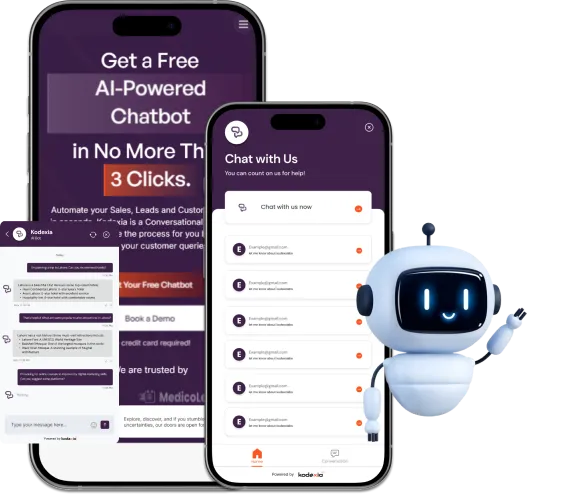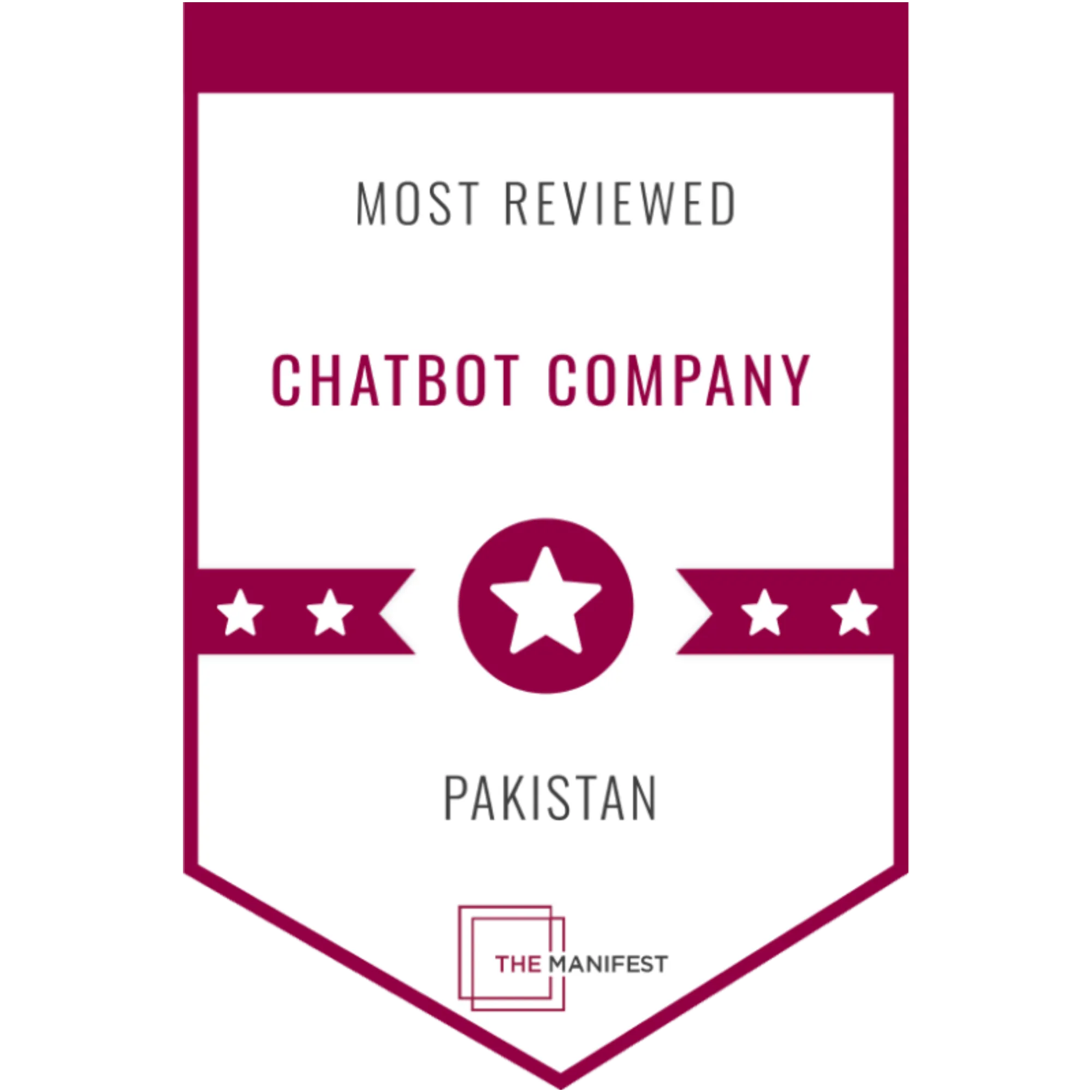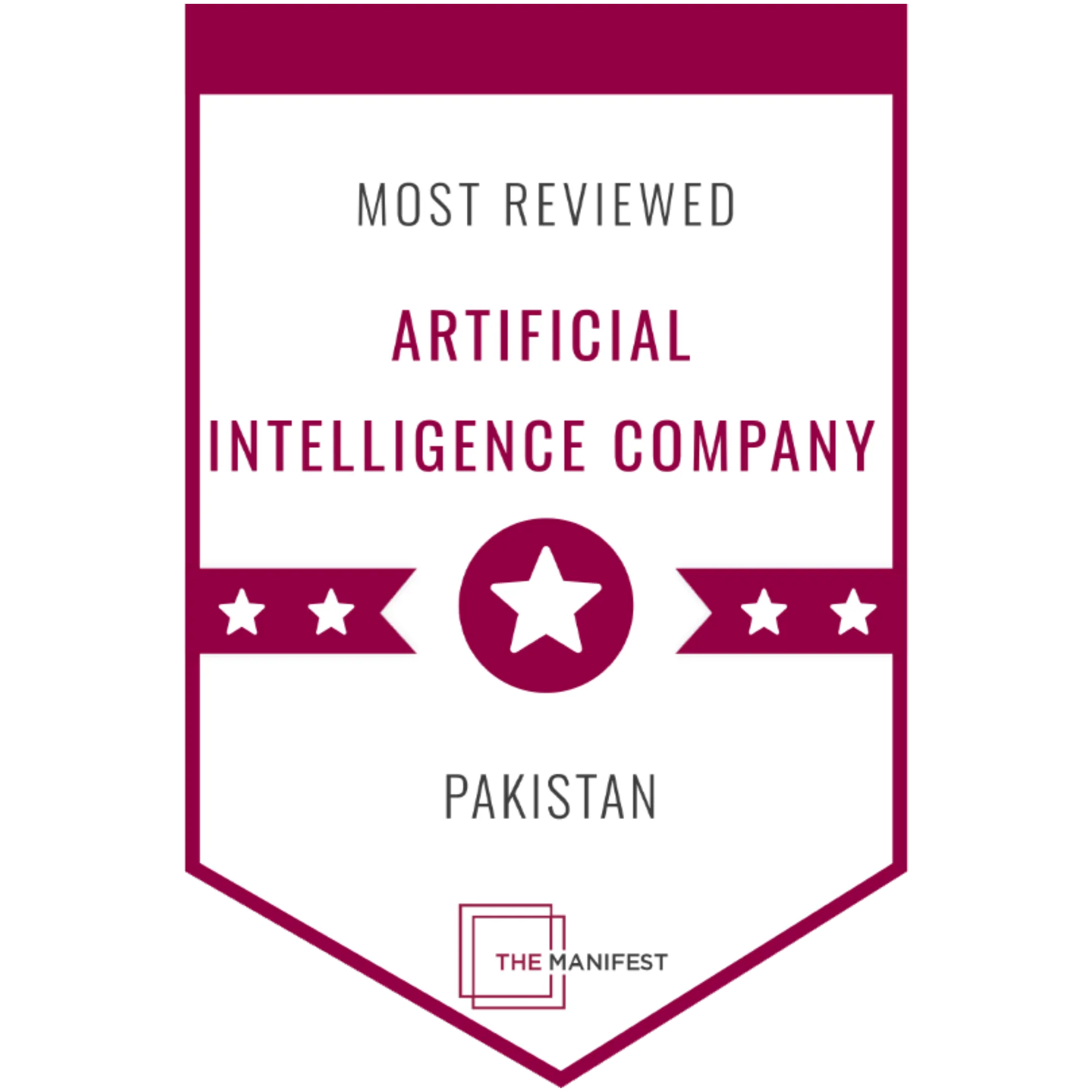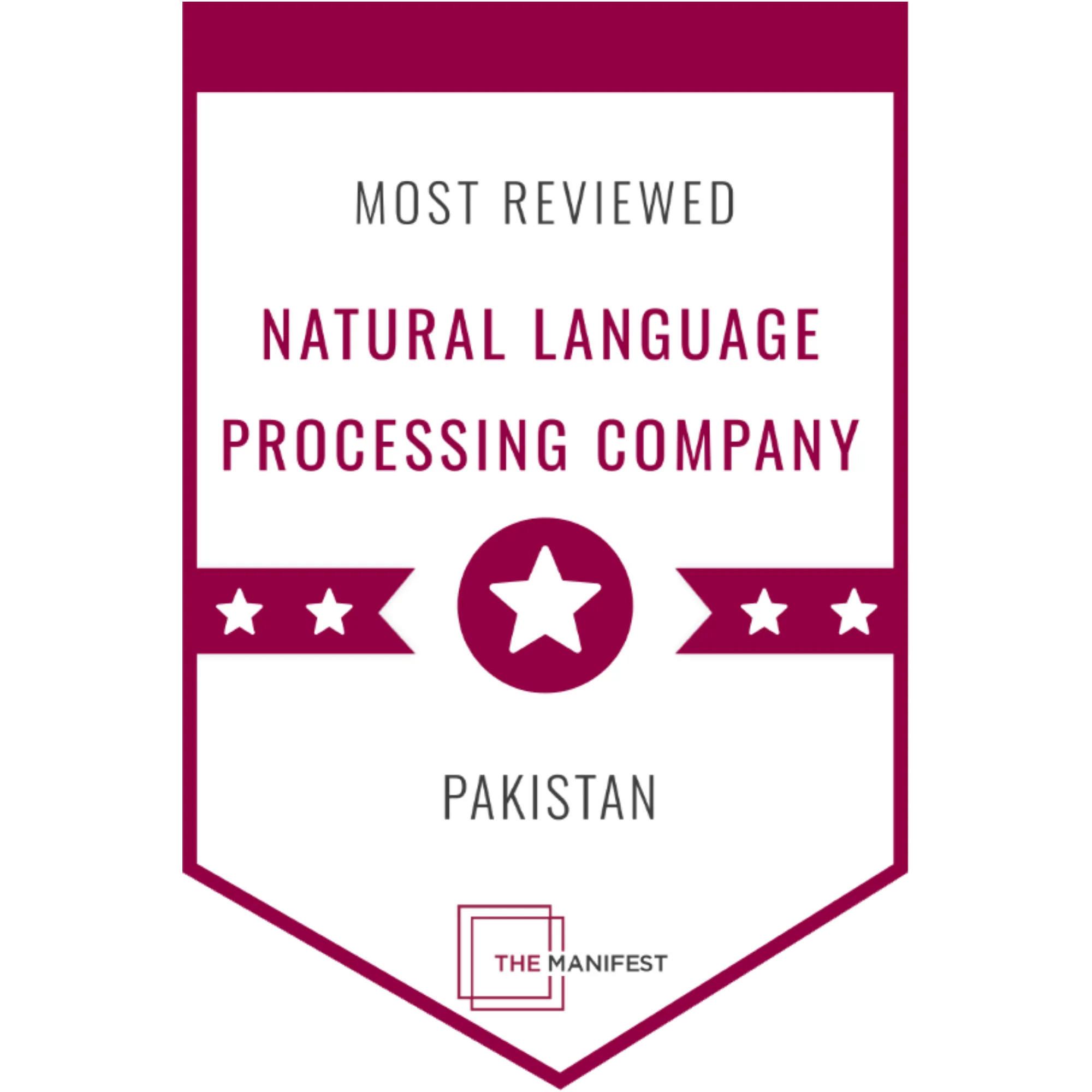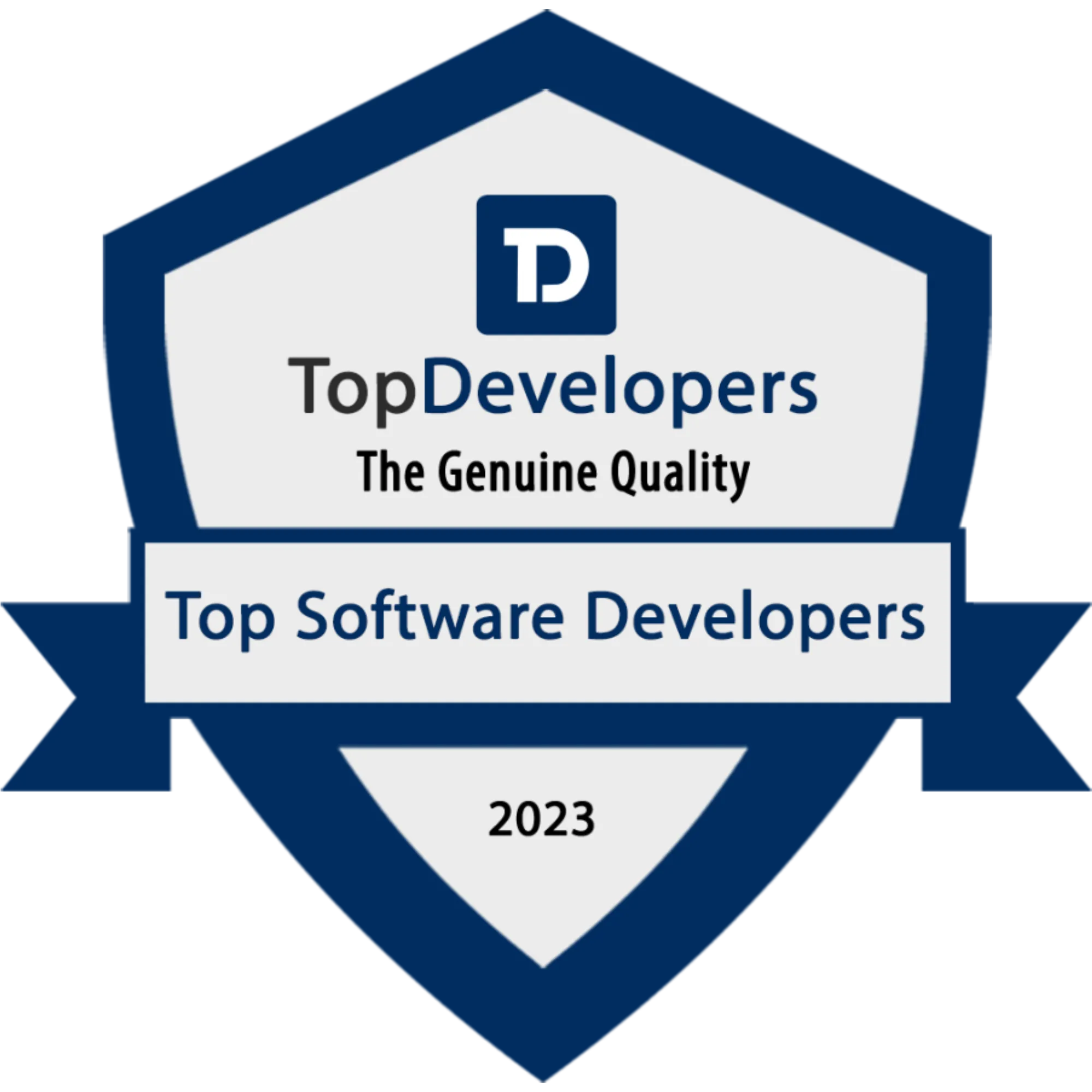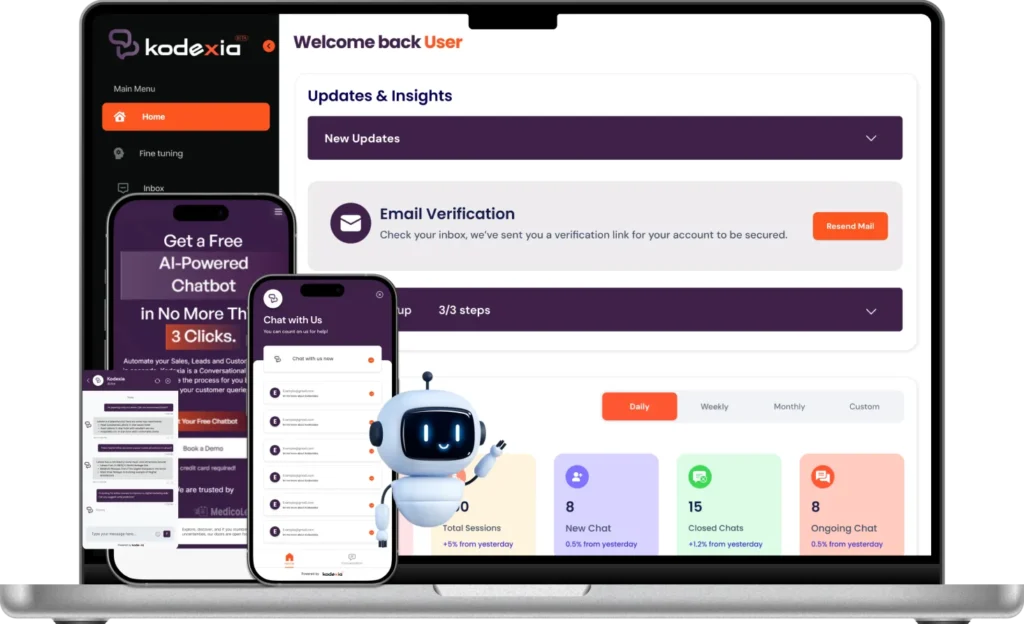Gemini 1.5 Flash – Google’s Unstoppable AI gets added to the Family of Gemini
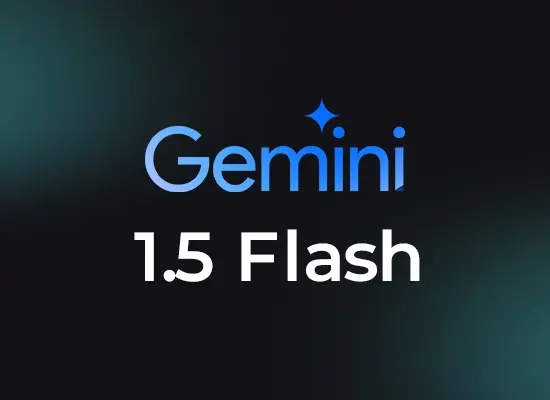
Contents
Google’s powerful AI family, Gemini, just got a new member! The Gemini 1.5 Flash is a lighter-weight, faster version designed to be more accessible for developers. This addition to the Gemini AI family promises to bring the power of AI to a wider range of applications.
What is Gemini 1.5 Flash?
Gemini 1.5 Flash is a new artificial intelligence model developed by Google. Unlike its sibling, Gemini 1.5 Pro, Flash is designed for a specific purpose: handling tasks quickly and efficiently. It’s a lightweight model, meaning it requires less computing power to run compared to other powerful AI models. This translates to faster response times and lower costs, making it ideal for high-volume tasks where speed and affordability are crucial.
Despite being lightweight, Gemini 1.5 Flash is still a powerful tool. It’s a multimodal foundation model, capable of understanding and processing information from various sources. This includes text, images, audio, and even video. Imagine showing Flash a picture and asking it to describe what’s happening, or feeding it an audio clip and requesting a summary – that’s the kind of versatility Flash offers.
One of Gemini 1.5 Flash’s key strengths is its long-context understanding. It can process massive amounts of information, like an hour of video or thousands of words of text, and retain the context to deliver insightful responses. This allows Flash to tackle complex tasks that require understanding the bigger picture.
Overall, Gemini 1.5 Flash is a valuable addition to Google’s AI arsenal. It fills the gap for users who need a fast, affordable, and versatile AI model for various tasks involving text, images, audio, and video. Whether you’re a developer working on a high-frequency application or an individual seeking quick and informative answers, Flash is a powerful tool to consider.

What are Lightweight AI Models?
In the world of Artificial Intelligence (AI), bigger isn’t always better. While some AI models boast massive amounts of data and complex algorithms, these giants come with a hefty price tag. They require significant computing power and resources to run, limiting their accessibility and practicality. This is where lightweight AI models step in, offering a compelling alternative.
Lightweight AI models are designed with efficiency in mind. They are smaller in size, requiring less computational power to operate. This makes them ideal for situations where resources are limited, such as on mobile devices, internet-of-things (IoT) devices, or even in cloud environments where cost optimization is a priority.
Despite their compact size, lightweight models can still deliver impressive performance on a variety of tasks. They can be trained to perform tasks like image recognition, speech recognition, and natural language processing, all while consuming minimal resources. This allows them to run on-device, meaning data processing can happen directly on the device itself, rather than needing to be sent to the cloud for analysis. This offers several advantages:
- Faster processing: Results are generated in real-time without the lag of sending data back and forth.
- Improved privacy: Sensitive data never leaves the device, reducing privacy concerns.
- Lower bandwidth usage: On-device processing translates to less reliance on internet connectivity.
A recent example of a lightweight AI model is Google’s Gemini 1.5 Flash. This model is specifically designed for speed and efficiency, making it ideal for high-volume tasks like summarization, chat applications, and data extraction. Its compact size allows it to be deployed on various devices without compromising performance.
As AI development continues to evolve, lightweight models are poised to play an increasingly important role. Their ability to deliver powerful functionality on a budget opens doors for wider adoption of AI technology across various industries and applications.
How Can Gemini 1.5 Flash Help Businesses?
In today’s competitive landscape, businesses of all sizes are constantly seeking ways to improve efficiency, enhance customer experience, and gain an edge. Enter Gemini 1.5 Flash, a powerful tool with the potential to revolutionize your operations across various departments. Let’s delve into seven key ways Gemini 1.5 Flash can empower your business and propel it towards success.
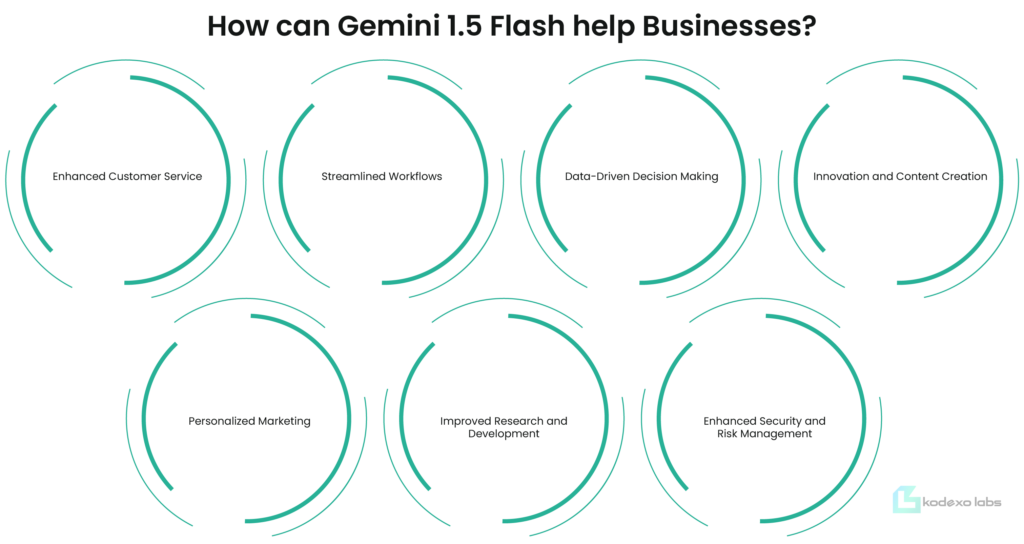
1- Enhanced Customer Service:
Imagine a world where customer inquiries are answered swiftly and accurately, with a deep understanding of their needs. Gemini 1.5 Flash can be your secret weapon. By processing vast amounts of customer data and past interactions, it can provide real-time recommendations to your support team, enabling them to personalize responses and resolve issues faster. This translates to happier customers and a more positive brand image.
2- Streamlined Workflows:
Repetitive tasks can bog down productivity and employee morale. Gemini 1.5 Flash can automate many of these processes, freeing up your workforce to focus on higher-level tasks. Data entry, report generation, and scheduling can all be handled by Gemini 1.5 Flash, leading to increased efficiency and improved accuracy.
3- Data-Driven Decision Making:
Businesses thrive on insights. Gemini 1.5 Flash can analyze mountains of data, identifying trends, patterns, and correlations that might escape the human eye. Imagine being able to predict customer behavior, optimize marketing campaigns, or streamline production based on real-time data analysis. Gemini 1.5 Flash empowers you to make informed decisions based on concrete evidence.
4- Innovation and Content Creation:
Stuck in a creative rut? Gemini 1.5 Flash can be your brainstorming partner. It can generate creative text formats, translate languages, and even write different kinds of creative content. This can be a game-changer for marketing teams, product developers, and anyone looking for a fresh perspective or content ideas.
5- Personalized Marketing:
In today’s digital age, generic marketing campaigns just don’t cut it. Gemini 1.5 Flash can help you personalize your marketing efforts by analyzing customer data and preferences. Imagine sending targeted email campaigns, crafting social media posts that resonate with specific demographics, or delivering personalized recommendations on your website. Gemini 1.5 Flash helps you connect with your audience on a deeper level, leading to increased engagement and conversions.
6- Improved Research and Development:
Staying ahead of the curve requires constant innovation. Gemini 1.5 Flash can act as a powerful research assistant, analyzing vast amounts of scientific literature, technical data, and market trends. This can significantly accelerate the research and development process, leading to the creation of groundbreaking products and services.
7- Enhanced Security and Risk Management:
Cybersecurity threats are a constant concern for businesses. Gemini 1.5 Flash can analyze data patterns through data analytics to identify potential security breaches or fraudulent activity. It can also be used to develop robust risk management strategies, protecting your business from financial losses and reputational damage.
By leveraging the power of Gemini 1.5 Flash, businesses can unlock a world of possibilities, from improved customer service to data-driven decision making. Explore how Gemini 1.5 Flash can transform your operations and propel your business towards a brighter future.
What Are The Differences Between Gemini 1.5 Flash And Other Members of The Gemini Family?
Within the Google AI powered Gemini family of language models, Gemini 1.5 Flash occupies a unique space. While it shares certain capabilities with its siblings, it possesses a distinct set of strengths that make it a compelling choice for specific applications.
The key differentiator for Gemini 1.5 Flash lies in its ability to strike a balance between speed, affordability, and power. Unlike the more expensive Gemini Pro, Flash offers a cost-effective solution while maintaining exceptional performance. This makes it ideal for scenarios where real-time response and lower latency are crucial, without breaking the bank.
One of the areas where Flash truly shines is its agility. It excels at comprehending and responding to various inputs, including text, images, video, and even speech. This versatility allows it to adapt to a wide range of tasks, making it a valuable asset for projects that require handling diverse data formats.
Furthermore, Flash inherits a significant advantage from other members of the Gemini family: a massive one-million token context window. This expansive memory capacity enables Flash to retain vast amounts of information during a conversation. This proves particularly beneficial when dealing with non-textual content, where understanding context is essential. For instance, analyzing a complex image or video becomes more efficient as Flash can reference the broader conversation for relevant details.
In essence, Gemini 1.5 Flash stands out for its ability to deliver exceptional speed and competence at a competitive price point. This combination of factors makes it a strong choice for users who prioritize real-time response, affordability, and the ability to handle various data types.
What Next to Expect From The Gemini Family After Gemini 1.5 Flash?
The arrival of Gemini 1.5 Flash in May 2024 marked a significant step for Google’s AI family. This lightweight version of the powerful Gemini 1.5 Pro brought speed and efficiency to applications demanding real-time performance. But with constant innovation in the field of AI, what can we expect next from the Gemini family? Here are some possibilities:

1- Focus on Specific Tasks:
The arrival of Gemini 1.5 Flash in May 2024 marked a significant step for Google’s AI family. This lightweight version of the powerful Gemini 1.5 Pro brought speed and efficiency to applications demanding real-time performance. But with constant innovation in the field of AI, what can we expect next from the Gemini family? Here are some possibilities:
2- Integration with Hardware:
A tighter link between Gemini and Google’s custom Tensor Processing Units (TPUs) could be on the horizon. This could unlock even faster processing and allow for running more powerful versions of the model on edge devices, bringing AI capabilities closer to the user.
3- Explainability and Trust:
As AI becomes more sophisticated, the need for users to understand its decision-making process grows. We might see future models incorporating explainability features, allowing users to see the reasoning behind the model’s outputs. This would foster trust and transparency in interacting with AI.
4- Project Astra and Beyond:
At Google I/O 2024, Google DeepMind unveiled Project Astra, a glimpse into the future of AI assistants. Project Astra envisions AI assistants that understand and respond to users’ needs in a more natural and nuanced way. This could involve integrating emotional intelligence and the ability to adapt to different user personalities and contexts.
While Gemini 1.5 Flash represents a leap forward, it’s likely just one step on a much larger journey. The future of the Gemini family is likely to see continued innovation in specialization, hardware integration, explainability, and the development of more natural and helpful AI assistants.
What Are The Weaknesses of Gemini 1.5 Flash?
Here are some key weaknesses of Gemini 1.5 Flash, have a look:

1- Limited Reasoning and Planning:
While Gemini 1.5 Flash excels at processing information and responding to prompts, it can struggle with tasks that require complex reasoning or planning. The model may not be able to anticipate the consequences of actions or develop multi-step plans to achieve a goal. This can limit its effectiveness in situations that require strategic thinking or creative problem-solving.
2- Susceptibility to Bias:
Like many Large Language Models (LLMs), Gemini 1.5 Flash is susceptible to bias in the data it is trained on. This means that the model may generate outputs that reflect the biases present in its training data. For example, if the training data contains a disproportionate amount of text written by men, the model may generate outputs that are biased towards a male perspective.
3- Lack of Common Sense Reasoning:
While Gemini 1.5 Flash can access and process information from the real world through Google Search, it may not possess the same level of common sense reasoning as a human. This can lead to misinterpretations of factual queries or the generation of responses that are factually correct but nonsensical in context.
4- Black Box Nature:
The inner workings of Gemini 1.5 Flash, like most large language models, are not entirely transparent. This makes it difficult to understand how the model arrives at its outputs, which can limit its trustworthiness and reliability in critical applications.
5- Limited Adaptability to New Situations:
Gemini 1.5 Flash is trained on a massive dataset of text and code, but it may not be able to adapt to entirely new situations or concepts that fall outside of its training data. This can limit its usefulness in real-world scenarios where new information or situations are constantly emerging.
6- Potential for Malicious Use:
As with any powerful tool, Gemini 1.5 Flash has the potential to be misused for malicious purposes. For example, the model could be used to generate fake news articles or social media posts to manipulate public opinion. It is important to be aware of these potential risks and to develop safeguards to mitigate them.
By understanding these weaknesses, developers and users can work to mitigate their impact and ensure that Gemini 1.5 Flash is used responsibly and effectively.

Are There Any More Updates Expected to be Seen For Gemini 1.5 Flash?
Gemini 1.5 Flash, the lightweight and speedy version of Google’s advanced language model, took the AI world by storm in May 2024. Optimized for tasks requiring quick responses and low latency, it’s perfect for high-frequency interactions and specific needs. But with its recent release, many users wonder: are there more updates expected for Gemini 1.5 Flash?
While Google hasn’t explicitly announced a roadmap for further updates to Gemini 1.5 Flash, there are a few things to consider. The model is currently in public preview, which is a testing phase where developers and users can experiment with its capabilities and provide feedback. Google typically gathers user input during previews to identify areas for improvement and shape future updates. Here’s what we can speculate based on past practices:
1- Performance Enhancements:
Since Gemini 1.5 Flash is a new model, it’s likely Google will focus on optimizing its performance in areas like accuracy, speed, and efficiency. This could involve tweaks to its underlying algorithms or training on additional data sets.
2- New Features:
Future updates might introduce new functionalities specific to Gemini 1.5 Flash. As developers experiment with the model, Google might identify opportunities to expand its capabilities beyond its current strengths in quick responses and high-frequency tasks.
3- Integration with Other Tools:
There’s also the possibility of Gemini 1.5 Flash being integrated with other Google AI tools and platforms. This could allow for a more seamless user experience and unlock new possibilities for developers.
It’s important to remember that these are just speculations. However, considering Google’s ongoing commitment to developing its AI models, it’s safe to say that Gemini 1.5 Flash will likely see further improvements in the future. Whether these come in the form of performance enhancements, new features, or deeper integration with other tools remains to be seen.

Author Bio
Read More Blogs
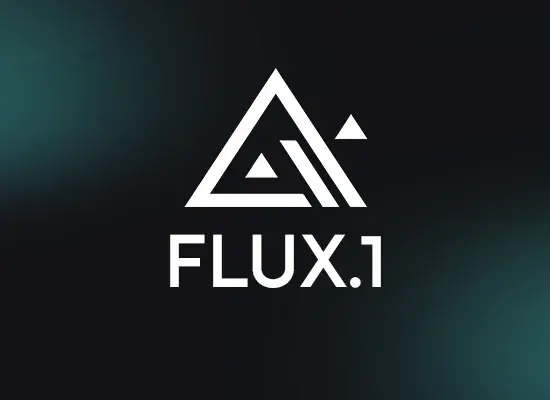
Flux.1 – Does This Image Generator Surpass Stable Diffusion?


